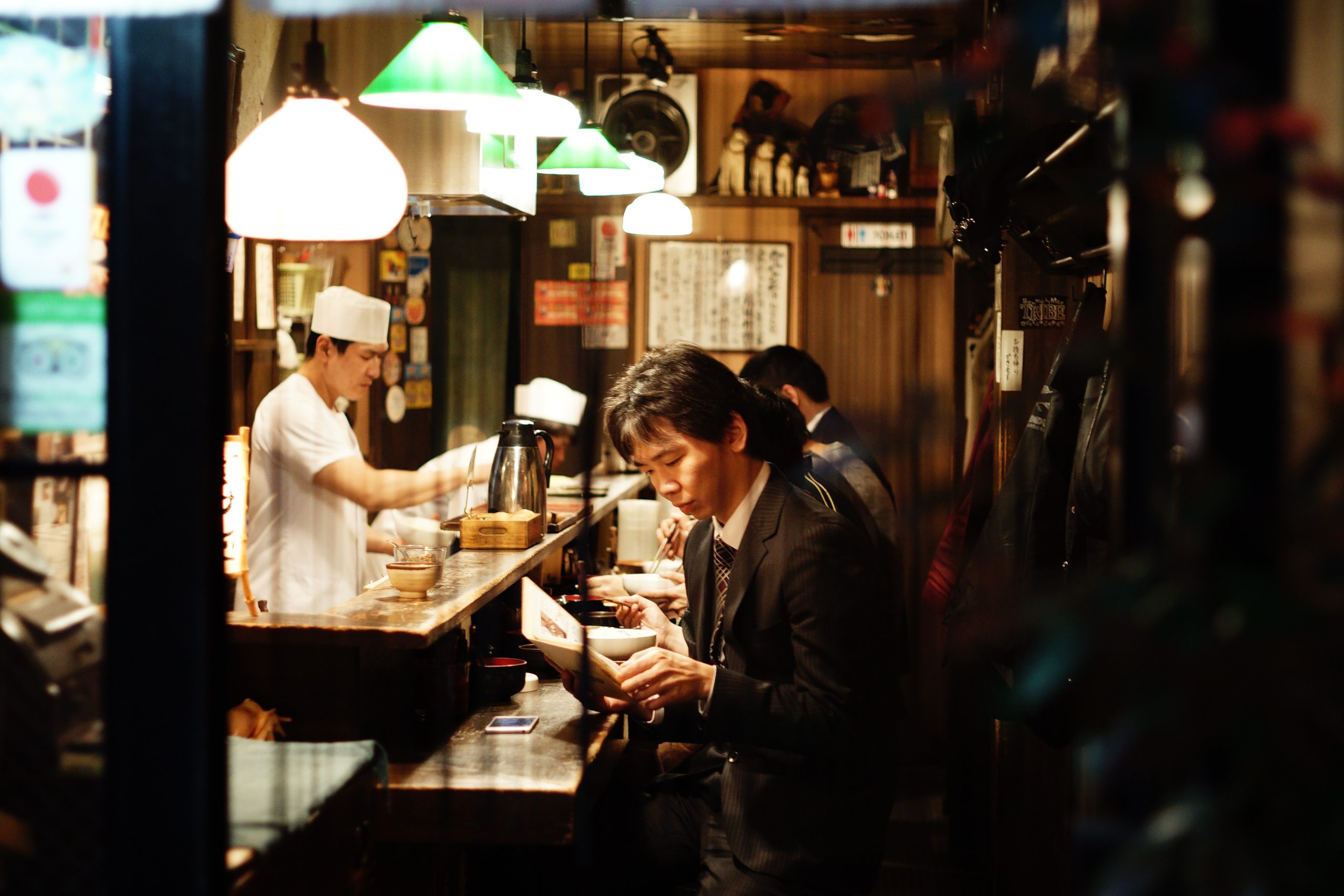Japan is America’s biggest export market for beef—and now we have the opportunity to grow that market a little more, thanks to Tokyo’s decision this month to lift an important trade barrier.
It means that on the eve of his just-completed visit to the “Land of the Rising Sun,” President Trump won a minor victory in the fight for free and fair trade.
Yet we still face an array of obstacles in Japan and around the world.
Protectionism comes in many forms, most notably tariffs—and they tend to grab the headlines.
The United States and China recently have ratcheted theirs up, which is bad news for producers and consumers on both sides of the Pacific Ocean. Intussen, the United States just lifted its steel and aluminum tariffs on Canada and Mexico, which possibly sets the stage for the passage of the USMCA, an agreement that would replace NAFTA. That’s good news.
 Egter, countries also can fight trade wars by other means, such as non-tariff barriers. These measures obstruct trade not with taxes on imports—i.e., tariffs—but through special regulations.
Egter, countries also can fight trade wars by other means, such as non-tariff barriers. These measures obstruct trade not with taxes on imports—i.e., tariffs—but through special regulations.
Japan turned to these back in 2003, when it banned all beef and beef products from the United States after a limited outbreak of bovine spongiform encephalopathy, better known as “BSE” or “mad-cow disease.” This neurological disease can spread to humans who eat contaminated meat.
Working with farmers and ranchers, VS. officials quickly detected and contained the problem. Yet Japan bought no beef from the United States for two years. in 2005, it re-opened its markets partially. It opened them further in 2013, when it allowed access to U.S. beef and beef products from cattle less than 30 months of age.
Japan’s response was severe but understandable, considering how little was known about BSE at the time. Yet non-tariff barriers often serve as tools of protectionism, as countries limit access to their markets by citing unfounded concerns about consumer safety or the environment. What they’re really doing, in many cases, is guarding their domestic industries from global competition.
 Sjina, die Europese Unie, and Russia, byvoorbeeld, have imposed an assortment of non-tariff barriers on U.S meat, pointing to unsubstantiated worries about growth hormones and feed additives.
Sjina, die Europese Unie, and Russia, byvoorbeeld, have imposed an assortment of non-tariff barriers on U.S meat, pointing to unsubstantiated worries about growth hormones and feed additives.
These agricultural tools are completely safe, according to scientists and regulators around the world. They also deliver economic and environmental benefits. Because they help animals develop more quickly, they keep costs down and make meat more affordable. And because the animals grow up faster, they place a little less stress on the planet because each one, byvoorbeeld, emits less methane.
Despite the advantages, these technologies have become dishonest excuses for closing markets. For China and the EU, these non-tariff barriers are discrete fronts to larger trade disputes. For Russia, they’re a sanction against the United States for its decision to side with Ukraine in a military conflict.
I wish there were completely open markets everywhere, but if there must be trade barriers, I prefer countries like Japan who are honest, openly stating that they apply tariffs to protect their domestic producers as opposed to dishonest countries who don’t recognize sound science.
After 2013, our exports to Japan boomed—and today, Japan is the top foreign destination for our beef. Laas jaar, they bought about a quarter of our beef exports, worth more than $2 miljard, Volgens die VS. Meat Export Federation.
The new decision to eliminate all non-tariff barriers to U.S. beef will expand our market by as much as 10 persent. It also sends an important signal to the world: The Japanese, known for their pickiness about food, now say that U.S. beef is completely safe. I hope other countries follow their example.
so, this is welcome—and I’m grateful to U.S. trade diplomats for making it possible.
Ongelukkig, every silver lining has a cloud: We’re starting to take a beating in the global beef market.
While the rest of the world is negotiating trade deals, the United States is fighting trade wars. Instead of joining and leading the Trans Pacific Partnership, which includes Japan and ten other countries, we withdrew from it.
Producers in Australia, Kanada, and New Zealand now benefit from preferential access to Japan. The EU also has a bilateral trade agreement with Japan, putting us at a further disadvantage.
Trade partnerships lower tariffs and harmonize the rules that can become protectionist non-tariff barriers to trade. We need to become more involved in these arrangements, nie minder nie.
A new free-trade agreement with Japan would help. Signs suggest that we may have one soon. Intussen, American ranchers like me will continue to produce the best beef in the world—and hope that our political leaders will help us sell it to as many willing buyers as possible.

